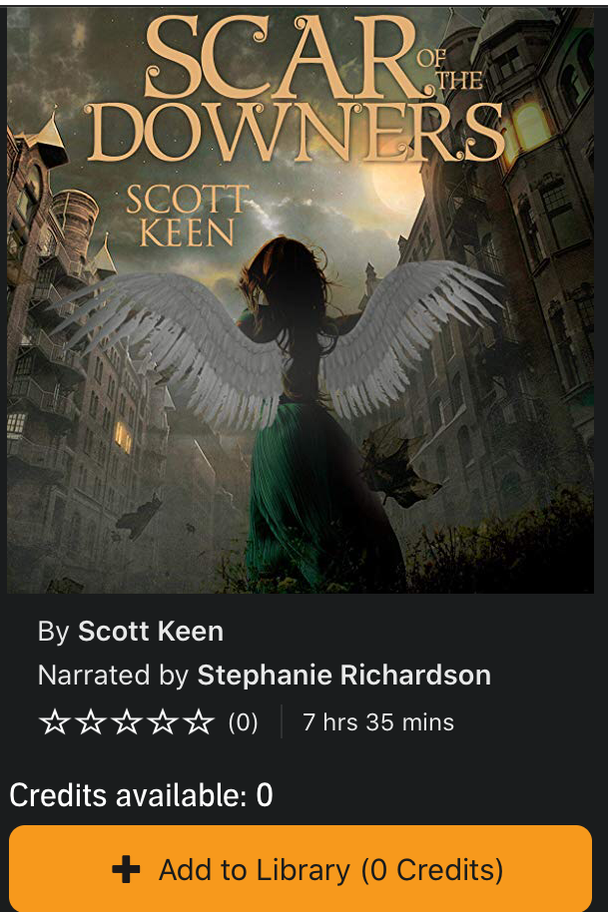|
Like I said in last week’s blog post that I always assumed writing fantasy would be easy. The reason I thought it would be easy is because you get to make up your own world that has its own histories, myths, and legends. It wasn’t until I started writing fantasy did I discover how difficult it could be. One thing that attracted me to this genre was how different it was from the world in which I live. This was, in fact, its most appealing aspect, and yet its most difficult. When I began Scar of the Downers nearly ten years ago, I did not have a world in which this story took place. As I wrote it, the world around the story began to form. Ungstah (the city in which the story takes place) is an oppressive city. At one point in an early draft I asked myself, “What are some characteristics of an oppressive city?” The answer – unwarranted curfew. Who/what would keep curfew in a city such as Ungstah? That was when I developed the Ash Kings. That, however, was the easy part. The next part is what makes writing a fantasy novel more difficult (at least for me). Rules. Everywhere we go there are rules. It’s no different in writing. The world in which live has rules. We’ve learned and observed them all of our life. We are familiar with the way dogs, cats, elephants, and humans act. We know cats cannot fly and why they cannot fly. These are not things that need to be discovered. But in fantasy, anything you create needs to have rules. Rules that make sense, especially when you are dealing with magic. Everywhere we go there are rules. If there are spirits that haunt a particular place, you need to know why. Why don’t they roam elsewhere? How do you fight a spirit, especially when you are dealing with temporal and material things such as swords and clubs? People refer to stories of having an internal logic or consistency. If I write about my day, that consistency will already be in place. There’s no need to explain it. You know how a car works or why a car doesn’t fly. But if I write about a day in the life of Crik (my main character), then some of that consistency may need to be explained. Now this topic could be a book of its own, so I won’t go too deep into it. But this is the difficult part. It involves answering the question, “Why?” or “How?” And sometimes the answer isn’t always so clear. So I had to answer this question – “What weapon can fight the Ash Kings?” While it hasn’t completely been revealed or explained in the story why Aniel’s sword can fight those phantoms, I had to find the reason. I had to find the logic and history of it. Some of these answers can take minutes, days, months, or even years to find. Sometimes it’s simple; sometimes it’s more difficult. You can’t rush it. You just have to hope you can come up with the answer sooner rather than later. But when you do, the world feels right. And it makes the writing all the more worth it.
0 Comments
Leave a Reply. |
AudiobookArchives
February 2021
Categories
All
|



